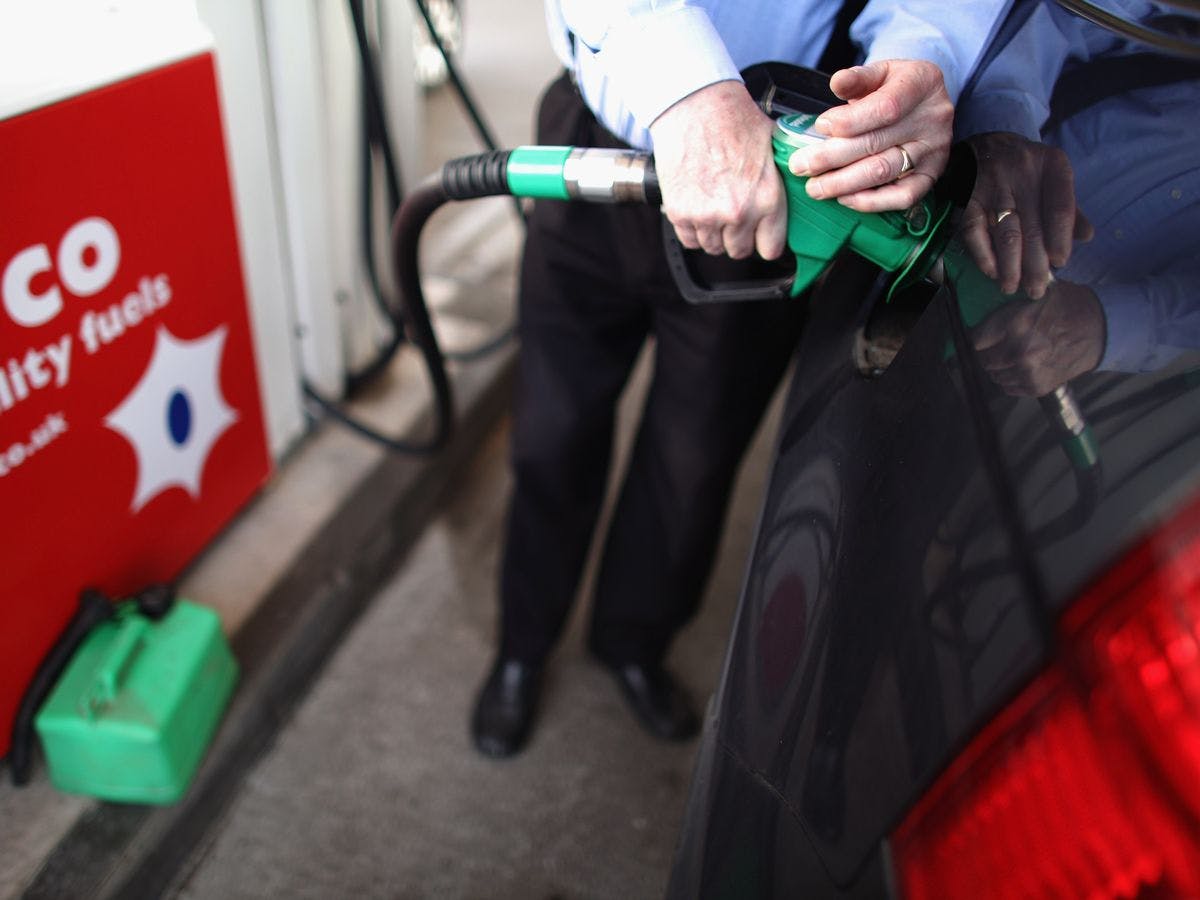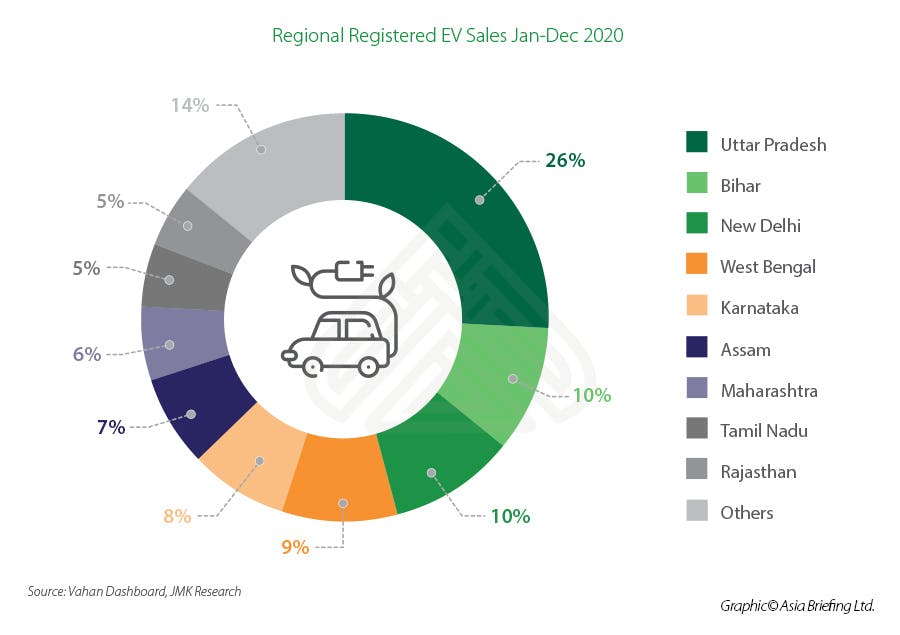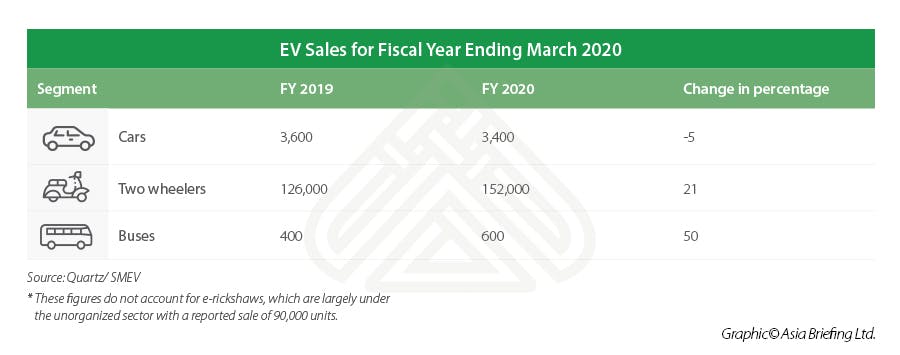Could electric cars succeed in 2021 in India?
The electric vehicle industry in India is picking pace with 100% FDI possible, new manufacturing hubs, and increased push to improving charging infrastructure. Federal subsidies and policy favoring deeper discounts for Indian-made electric two-wheelers as well as a boost for localized ACC battery storage production are other growth drivers for the Indian EV industry.
 The global automotive industry is undergoing a paradigm shift at present in trying to switch to alternative/less energy intensive options. India, too, is investing in this electric mobility shift.
The global automotive industry is undergoing a paradigm shift at present in trying to switch to alternative/less energy intensive options. India, too, is investing in this electric mobility shift.
The Road to the Future
At present, EVs represent less than one per cent of the total vehicle sales in India. The industry body SMEV projects it to become five per cent a few years down the line. However, if we take the on-ground developments into consideration, it could happen sooner than expected.
In a big push for the sector, the union minister for road, transport, and highways Nitin Gadkari in November 2020 had announced that the government will be setting up at least one EV charging kiosk at each of the 69,000 petrol pumps across the country.
The government has previously formulated favorable plans for EV adoption including the National Electric Mobility Mission Plan (NEMMP), Faster Adoption and Manufacturing of (Hybrid) and Electric Vehicles (FAME) Scheme, loan subventions, and income tax rebates alongside similar relaxations on the state-level. More state governments are coming up with incentives to prompt people to go with EVs.
 Within the passenger vehicle category, the market is mostly controlled by a few big players. Maruti Suzuki which is owned by Suzuki is the number one player in India they control something like 50 of the market share and everyone has found it tough.
Within the passenger vehicle category, the market is mostly controlled by a few big players. Maruti Suzuki which is owned by Suzuki is the number one player in India they control something like 50 of the market share and everyone has found it tough.

Challenges for EVs in India
While the government’s ambitions with regard to EVs are pretty clear and globally leading players continue to jump in, there are still challenges that need to be addressed for pushing sales of autonomous vehicles and EVs. When it comes to autonomous vehicles, there is an apprehension of job losses. Even though companies like the MG have highlighted that in their autonomous models, drivers will remain responsible for safe, vigilant, and attentive driving, the system will play an assistive role.
Another roadblock for autonomous vehicles and EVs in India is the poor road and advanced logistics infrastructure. However, the government is also driving much-needed measures to upgrade the infrastructure. Last year, an EV delegation was flagged off from India Gate as a part of the #NHforEV2020 Tech Trial Run. The delegation had to test the viability of Yamuna Expressway as an e-corridor and successfully concluded its trial run at Agra. At the same time, the Smart City infrastructure is also expanding across the country, something that will also assist the autonomous vehicle and EV segment. Other major concerns that cloud AVs are the apportionment of liability and the issue of privacy.
This means that India will need dedicated guidelines for safety assurance systems, and a well-thought-out plan for operations of AVs in India. With cars using a large volume of personal data, it would require protection under privacy laws. These concerns need to be addressed for instilling confidence in buyers with regard to the technology.
By resolving these issues, we can ensure that the future of both autonomous vehicles and EVs in India is bright.